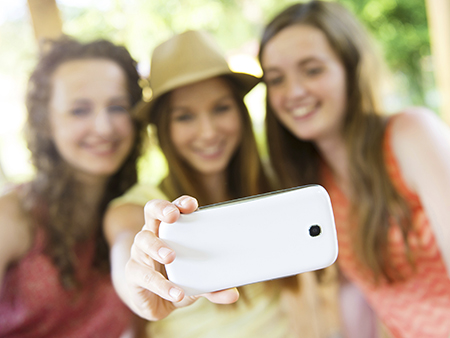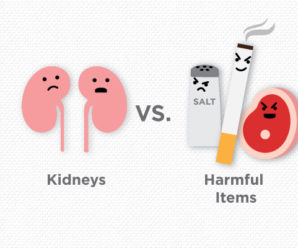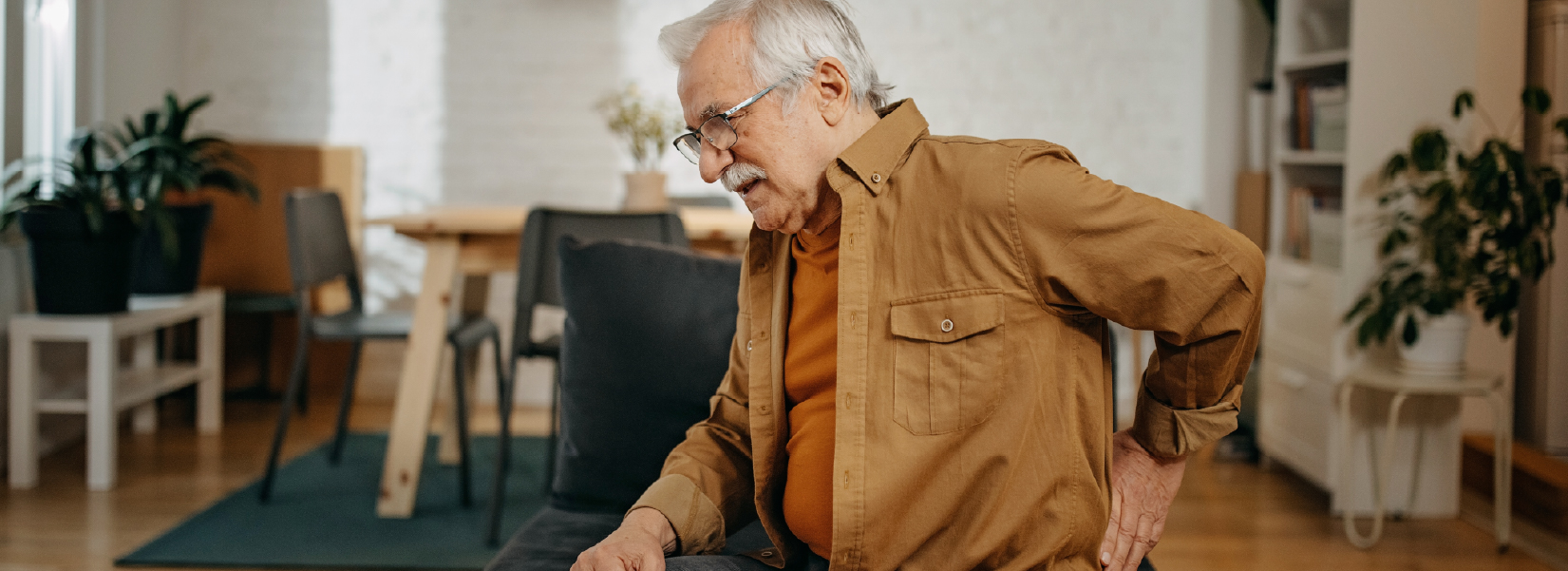
Did you stop reading already to take another selfie? If so, it may be a concern.
That’s because selfies cause a problem when you start to skip normal activities to snap photos of yourself, said Dr. Justin Schoen, a Marshfield Clinic psychiatrist. You could have an addiction if your work, school or social life is affected by taking selfies.
Recent reports linking these self-portraits to mental health conditions have appeared recently in the news, spurring some concern, especially among parents.
“It’s important to remember that taking selfies is normal,” Schoen said. “It’s something that we do now, and it’s okay until it causes a problem in your life.”
What mental health conditions are linked to selfies?
People who have certain mental health conditions are more likely to take a lot of selfies, Schoen said.
People with body dysmorphic disorder have an abnormal image of some part of their body. A British teen with the disorder spent so much time taking selfies that he dropped out of school, and he attempted suicide after he couldn’t take the perfect photo.
“You can get hooked on the idea that you have to take the perfect selfie or edit your photo so it looks perfect,” Schoen said.
People with narcissistic personality disorder may take and post selfies because they need to be admired by others.
“We don’t know how common selfie addiction is, but we know the problem is there,” Schoen said.
Do I have a selfie problem?
The answer depends on what you do with the photos and the feedback you get on social media, Schoen said.
If you take a selfie because you think your hair looks great and no one likes the photo, what do you do with that?” Schoen asked.
These behaviors might signal a problem:
- Basing your self worth on feedback about your photos.
- Missing activities to spend more time taking or editing selfies to get a better picture.
If you think you have signs of a selfie addiction, talk to your doctor or a behavioral health care provider.
Cyberbullying and selfies
Posting selfies on social media opens you up to other risks that could affect your mental health, Schoen said.
Other Internet users may use your image in a way you didn’t intend.
“You give up rights to the ownership of the picture to some extent, and that’s a huge risk,” Schoen said.
You also risk becoming a victim of cyberbullying when you post your picture on the Internet. People who comment on your selfie may not realize or care that they upset you because they can’t see your reaction, he said.
With that in mind, before you snap a selfie think about why you’re doing it and how responses on social media might affect you.







Leave a Reply